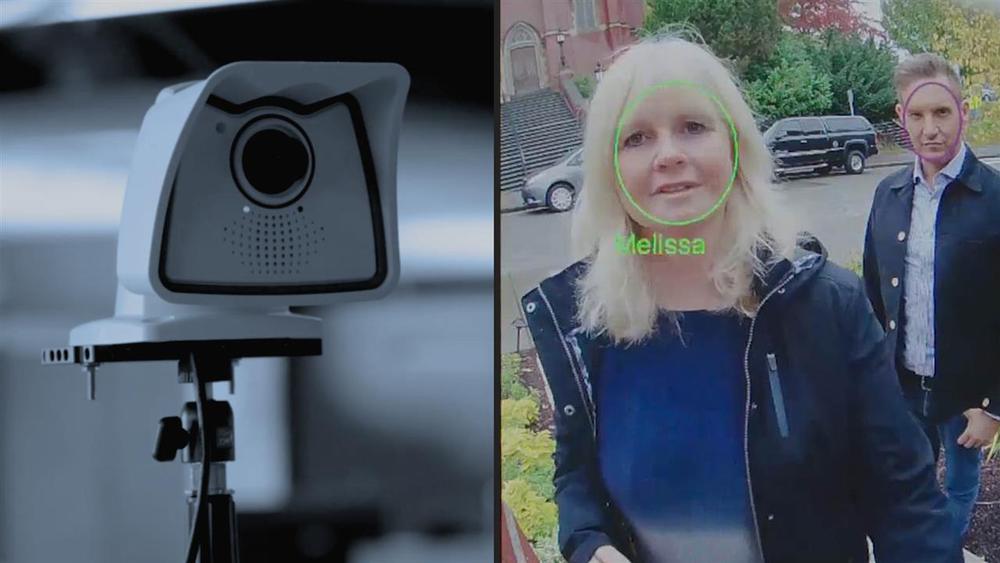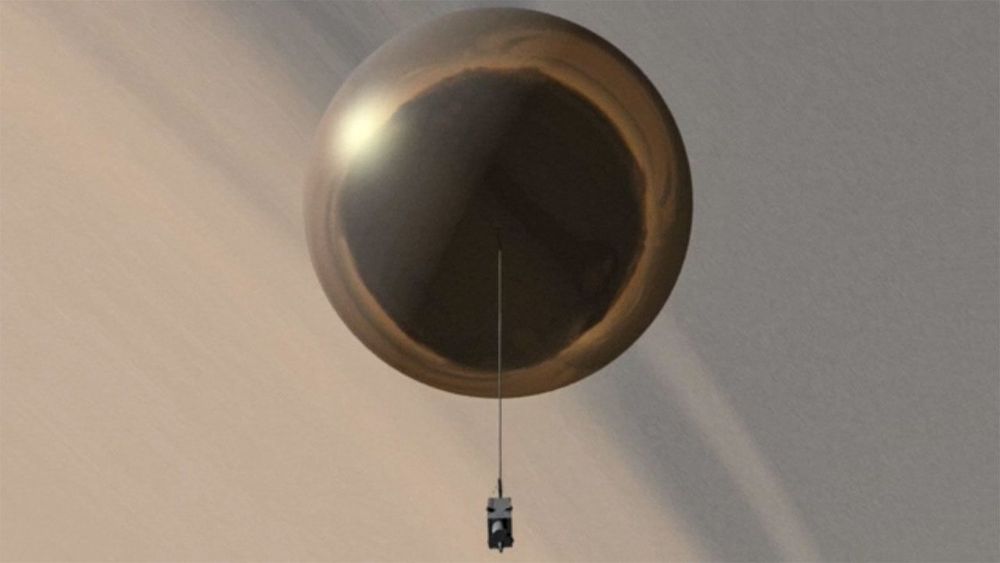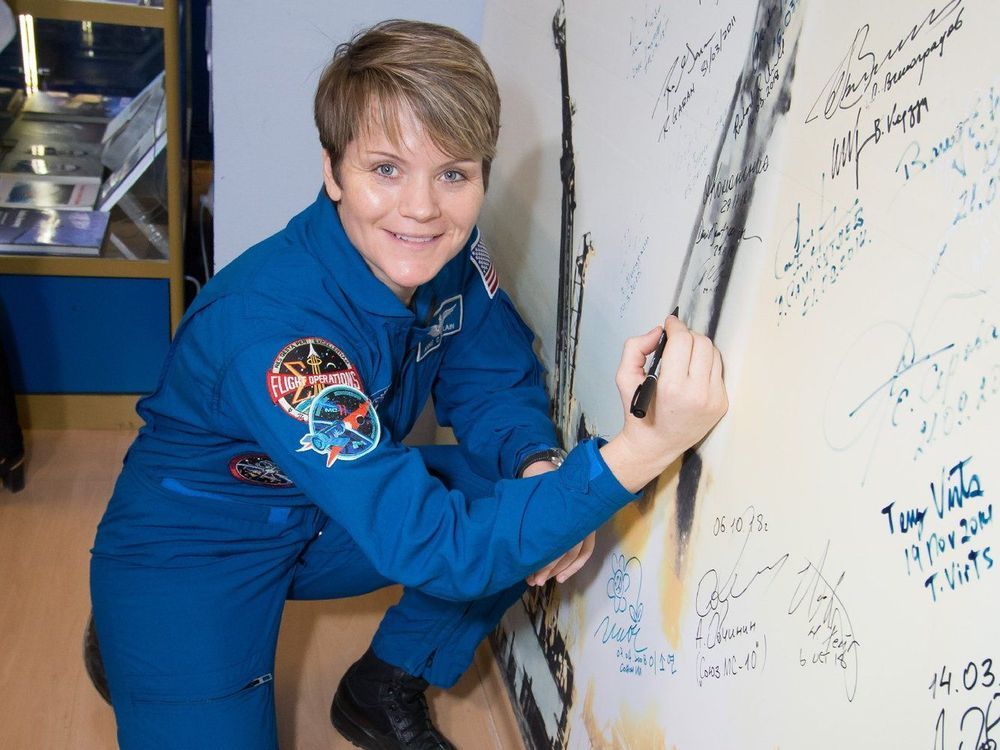These dimensions are the most likely source of a working theory of quantum gravity, which could help us understand the origins of the universe.


What if you could store your memories in a digital bank? Neo Mohsenvand from MIT Media Lab is experimenting with the science behind memories and emotion by using wearable tech.

There has been considerable interest in fisetin recently, especially for its potential as a senolytic, which clears away dysfunctional senescent cells that accumulate with aging. Researchers believe that fisetin may be useful in increasing the healthy period of life known as healthspan.
What is Fisetin?
Fisetin is a naturally occurring flavonol and part of the flavonoid family of polyphenols. Fisetin also acts as a pigment and influences the color of various fruits and vegetables. It can be found in many common fruits and vegetables, although the amounts greatly vary.

Facial recognition is going mainstream. The technology is increasingly used by law-enforcement agencies and in schools, casinos and retail stores, spurring privacy concerns. In this episode of Moving Upstream, WSJ’s Jason Bellini tests out the technology at an elementary school in Seattle and visits a company that claims its algorithm can identify potential terrorists by their facial features alone.

New kinds of messengers from the distant universe are joining the photons collected by telescopes—and revealing what light can’t show. So-called multimessenger astrophysics got started with high-speed particles called cosmic rays and gravitational waves, the ripples in space-time first detected in 2015 that Science named Breakthrough of the Year in 2016. This year, another messenger has joined the party: neutrinos, tiny, almost massless particles that are extraordinarily hard to detect.
Snaring one of these extra-galactic will-o’-the-wisps took a cubic kilometer of ice deep below the South Pole, festooned with light detectors to record the faint flash triggered—very rarely—by a neutrino. Known as IceCube, the massive detector has logged many neutrinos before, some from outside the Milky Way, but none had been pinned to a particular cosmic source. Then, on 22 September 2017, a neutrino collided with a nucleus in the ice, and the light sensors got a good fix on the direction it had come from.
An alert sent out to other telescopes produced, after a few days, a match. As the researchers reported in July, NASA’s Fermi Gamma-ray Space Telescope found an intensely bright source known as a blazar right where the neutrino appeared to come from. A blazar is the heart of a galaxy centered on a supermassive black hole, whose gravity heats up gas swirling around it, causing the material to glow brightly and fire jets of particles out of the maelstrom.

What’s the longest you’ve ever slept?


SpaceX continues making news in 2018. The company first broke its own record from 2017 when it passed 18 launches in year. On Sunday, from Cape Canaveral, Florida, SpaceX launched another record-setting rocket… this one for U.S. national security. Arash Arabasadi reports.